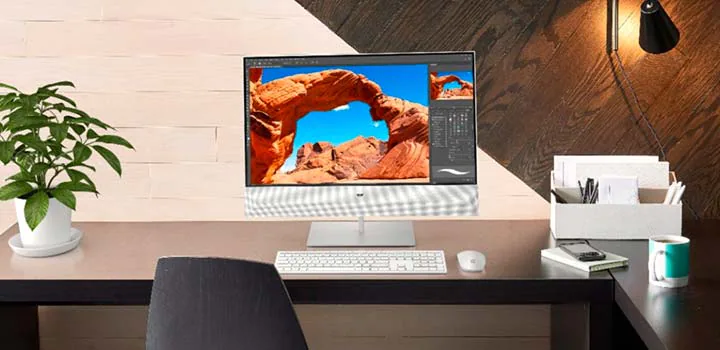
Things to Consider When Buying the Right Desktop PC
Whether a newbie or a tech geek, buying the right PC amongst the overwhelming choices available in Australia could be challenging. While entering the world of Desktop PC, you can’t go blindfolded.
It will rip out your pockets and leave you with a device that doesn’t work correctly.Undoubtedly, Desktops are bigger and stronger than laptops and tablets for gaming and demanding projects and applications. However, if you do not choose the right components, you can end up with a PC that doesn’t fit your bill.
Don’t worry. This post will walk you through essential factors to consider when buying a PC.
- Needs & Budget
The first thing that you should consider is your budget since a PC is not cheap. Though you always want the best for yourself, you still have to be grounded in how much you have in your pocket. So, it is best to create a budget and stick to it.
You know what might help in coming up with one – deciding why you need the PC. Perhaps you are planning to create a carrier in the field of graphic designing, so you need a powerful PC with a graphic card that may fall a bit on the expensive side. However, since you are going to edit photos and videos, keeping your budget high is a good idea.
On the other side, if you need a PC to do some light office work or for your kid’s schoolwork, you can get something worth with a low-tier budget too.
- Desktop Processors
Processors are another essential factor to consider since they determine the performance and generally are confusing to choose.
Also referred to as central processing units or CPUs, they are called the brains of your computer. They are those chips that carry out the main functions and calculations that drive your whole Desktop PC.
Unlike RAM and other computer components, upgrading the processors is difficult, so you should choose the right one the first time. AMD and Intel are two prominent choices. While AMD is less expensive, Intel offers better performance.
However, the main thing to consider is the number of cores offered and the relative speed of processors.
- Memory
No one can ignore memory or RAM when buying a perfect Desktop PC.
It plays a significant role in the speed and performance of your computer – the higher the RAM, the better the speed.
With more RAM, you can enjoy the ease of functioning and open multiple applications and browsers without the risk of your PC freezing out. That said, experts recommend a minimum of at least 8GB of memory. However, if you use the PC for gaming or other high-powered applications, it is best to go for 16GB RAM.
- Hard Drives
This is the next thing you must tackle. Though some desktop computers still use hard disk drives, most new ones have shifted to solid-state drives or SSDs for caching and storing data.
The latter is a good choice since they are faster, more efficient and more durable.
Nevertheless, when buying a hard disk, consider two things – size and speed. It should have at least 1TB of space and run at 7200RM speed.
The Bottom Line
Although it is tempting to buy a cheap Desktop PC, it is better to spend money once and buy something slightly stronger than you require.
Just keep in mind that if you make the wrong choice now, then in the future, you will have to spend a lot on repairs and upgrades. And you will be left wondering why you did not choose wisely earlier.